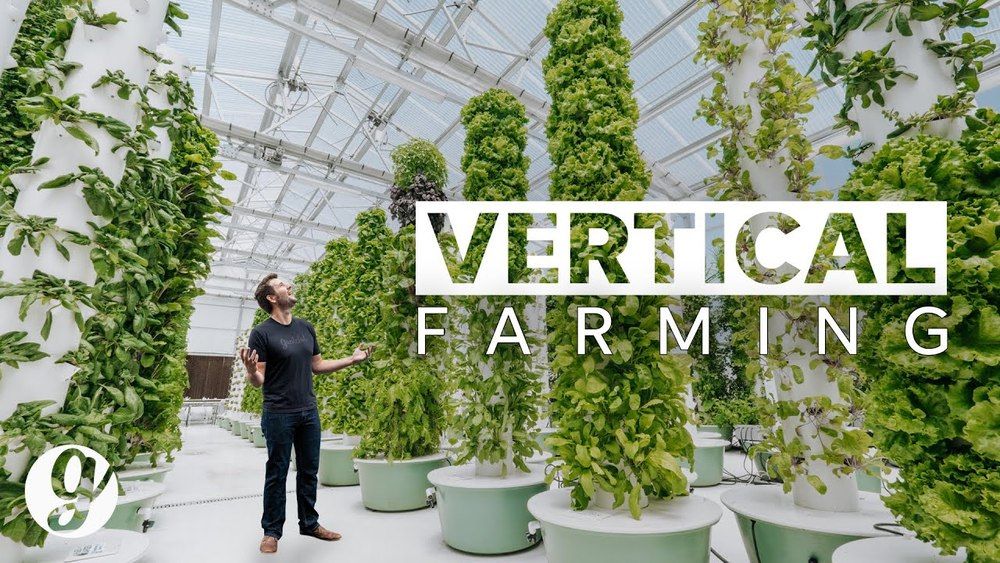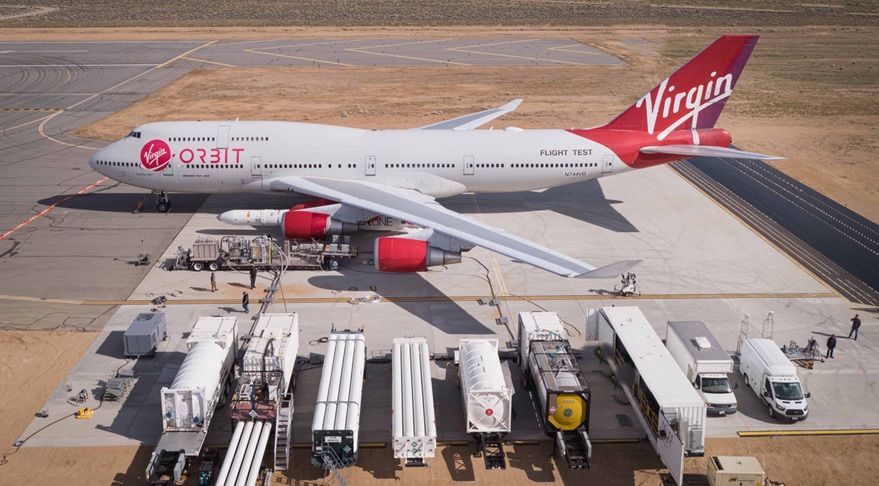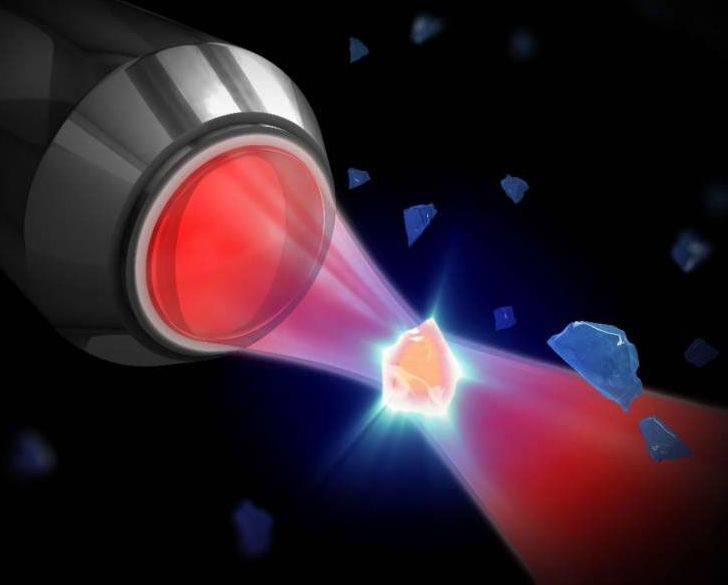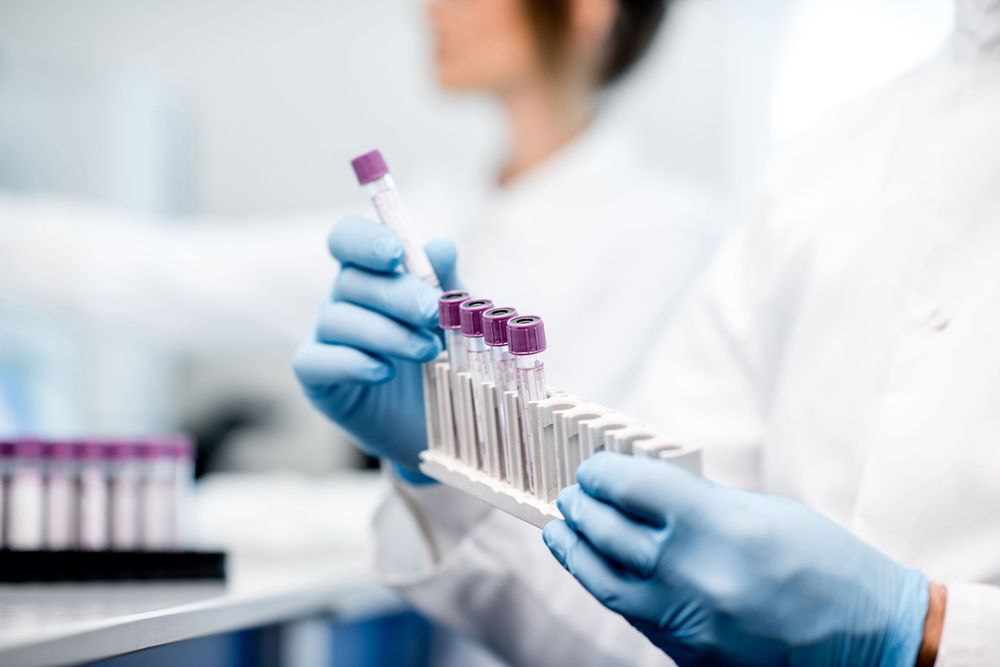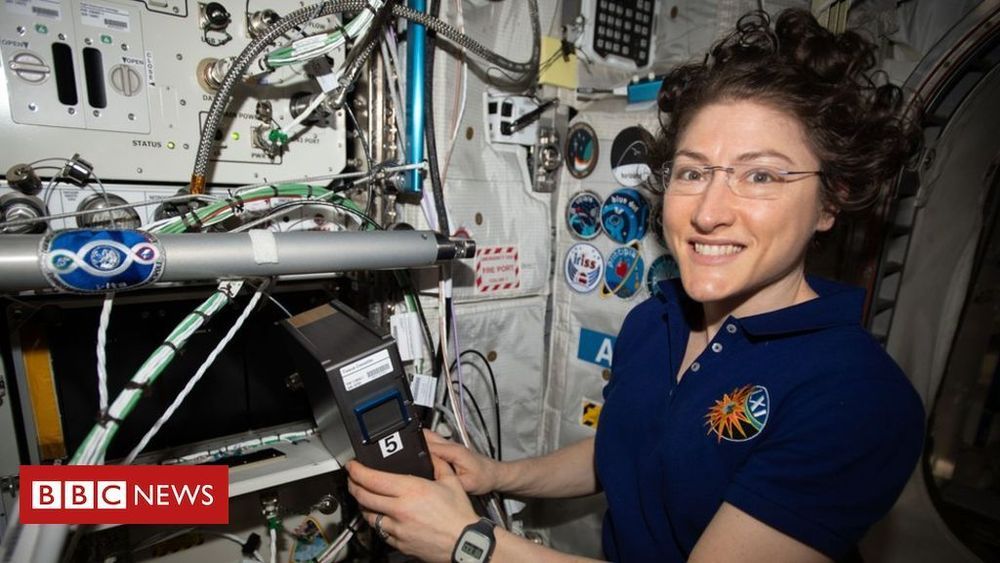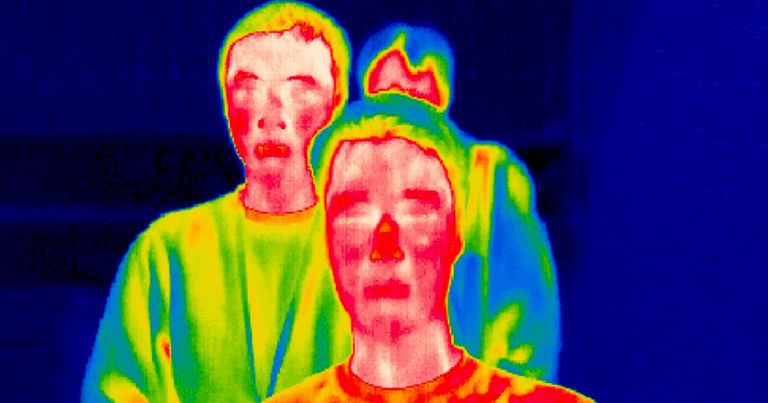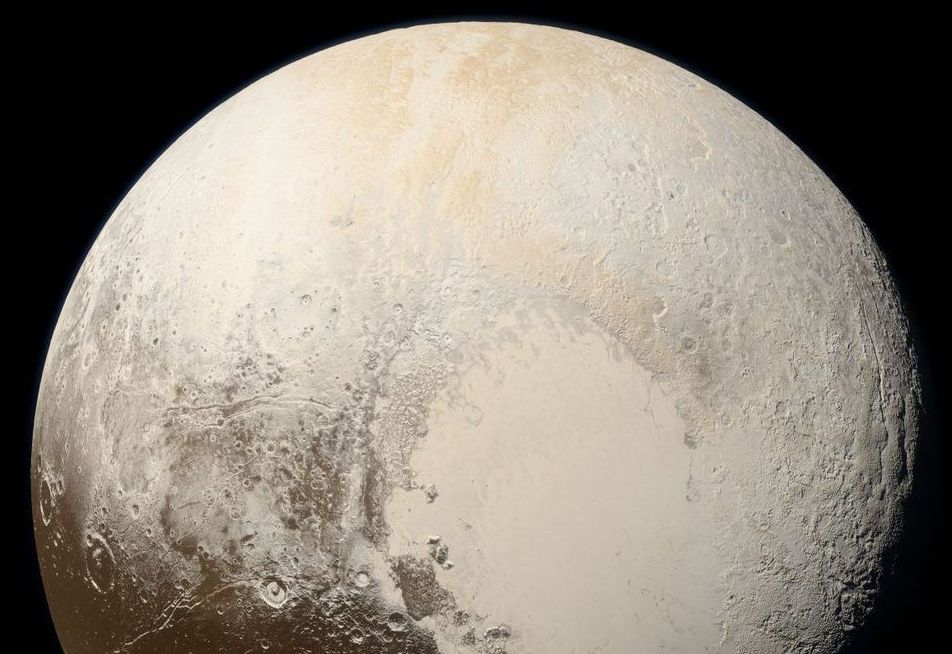
The proliferation of transhumanist thought beyond science fiction and into the public space seems, at first, a minor ideological and physical threat. Numerous concerns about the implications of transhumanism have been raised, but few regarding religious implications. Cultural anthropologist Chris Toumey notes in his article in Nature Nanotechnology the small body of literature grounded explicitly in Christian values, remarking “I would like to see religious thought on nanotechnology develop well beyond a reaction to the more sensationalist parts of the transhumanist vision.” [1] Though the quote specifies nanotechnology, it applies more broadly to non-secular works on the problem(s) with transhumanism. To find literature from Muslims, then, containing an approach to transhumanism guided by Islamic principles is a laborious endeavor. This is not to fault Muslims, but to draw observant, critical eyes to the transhumanist movement.
The existing literature must be studied in order to understand the scope of possible reconciliation/conflict as Muslims formulate their own methods of evaluation. In her book, Cyborg Selves: A Theological Anthropology of the Posthuman, Jeanine Thweatt-Bates, Assistant Professor of Theology at New Brunswick Theological Seminary, outlines her approach: one that is, at once, an overview of two approaches to the ‘posthuman,’ and an analysis of possible reconciliatory discourse with a Christian theological locus. To be clear, it’s not a book on the Christian perspective of the posthuman, but a Christian’s perspective.
The Cyborg

